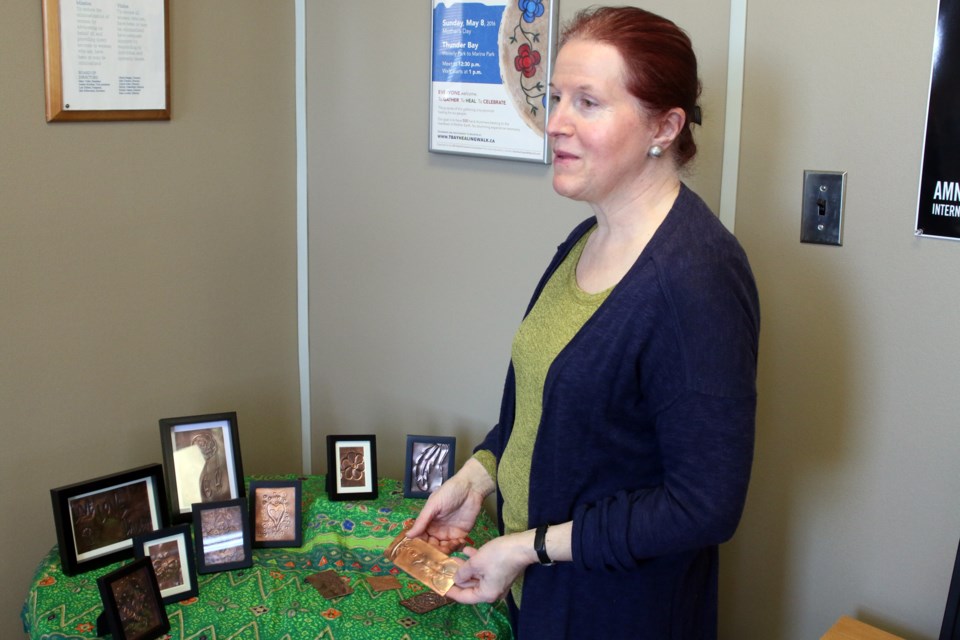THUNDER BAY — Providing more suitable housing in the community will reduce the risk that marginalized women in Thunder Bay who get into trouble with the law become repeat offenders.
That's the key conclusion to be drawn from a study by the Elizabeth Fry Society and researchers from the Health Sciences department at Lakehead University.
Their report suggests that Thunder Bay requires more gender-specific housing and support services for women, as well as culturally-appropriate support for Indigenous women.
The research team points to a 2018 point-in-time count which found 474 homeless individuals in Thunder Bay.
By contrast, according to the most recent Employment and Social Development Canada statistics, there were only 76 shelter beds available in the city.
The point-in-time count showed that 35 per cent of the homeless population were women, and 66 per cent identified as Indigenous.
"Homelessness and housing insecurity can be both predictors and outcomes of criminal justice system involvement," the report states, noting this has already been established by research elsewhere.
It says providing secure housing can help end the cycle of re-offending by giving women a stable home, something the authors describe as "the foundation for wellness."
The Elizabeth Fry Society of Northwestern Ontario has a long-range goal of establishing transitional housing for women being released from custody into the community.
To support that cause, coordinator Mary Kozorys said the organization felt it needed to gather empirical evidence to show that the issue is "as large as it is."
The research set out to achieve that by engaging with women with lived experience.
"A huge piece was actually speaking with women who have been involved with the criminal justice system," Kozorys said, adding that those discussions included individuals who were still incarcerated.
Lawyers and social service providers were also consulted.
Kozorys said learning how the lack of appropriate housing has impacted women's involvement with the justice system will help with developing housing models and other services "in a wraparound fashion."
"Each and every story was really a story unto itself," she said, citing "compelling instances" such as where women lost their homes because they couldn't afford to keep them while they were serving their sentences.
Others explained how they could only afford accommodation in a neighbourhood where crime was already prevalent.
"It just really drew people into a cyclone of sorts, where it's easy to become influenced by what's going on around you," Kozorys said.
Of the 25 incarcerated and previously-incarcerated women who participated in the study individually or in focus groups, 76 per cent identified as Indigenous.
They reported feeling judged and stereotyped by landlords because of their race.
Multiple participants said landlords might not return a call if an Indigenous name is left on voicemail.
One woman told the researchers "I was working full time, I got paid weekly. I showed them my statements and everything...I didn't get a place. And then finally one guy just told me 'I'm just being honest with you, you're native you know. It doesn't matter, you can show me that all you want, but there's no way in the world my father will allow it.' "
Data gathered from attending bail court for 18 days confirmed for the study team that lawyers were accurate when they told the researchers about the importance of housing as a component of bail plans for women.
The statistics they collected, the report states, indicate that housing insecurity is a barrier for almost half the women attending bail court who require housing as a bail or release condition.
Kozorys said she hopes the 72-page document becomes a discussion piece for the community, giving stakeholders and residents a better understanding of what's needed to move forward.
The study was funded with a grant from the Law Foundation of Ontario.
